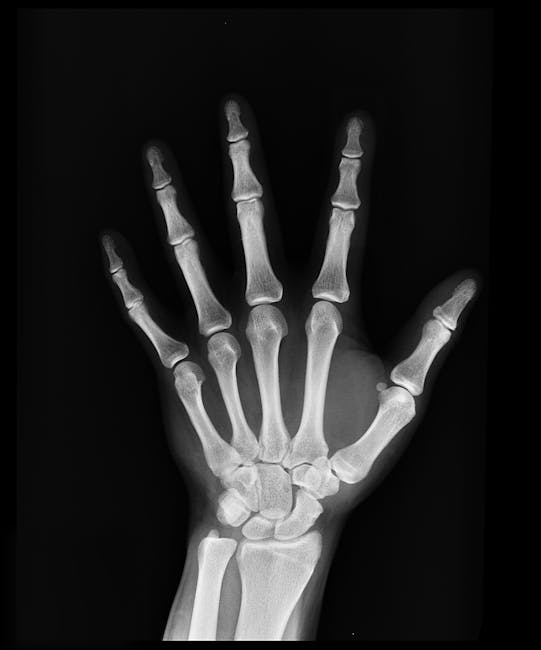Can I Compost Bones?
Bones can be composted, but require significant preparation and a hot composting system to break down effectively due to their slow decomposition rate.


Sourced & Cited
Bones are a surprisingly useful addition to your compost pile, adding valuable phosphorus and calcium. However, because they're so slow to decompose, they need special handling to ensure they don't linger in your compost for years.
Compost Classification
Neutral: Bones themselves are primarily composed of minerals, lacking significant nitrogen or carbon content in their natural state. However, the process of adding them to a compost heap adds a mineral component beneficial to soil.
🌱 Key Nutrients
This item contributes the following nutrients to your compost:
Phosphorus (P) Calcium (Ca) Trace Minerals
🏷️ Tags
Important characteristics to know about this item:
Breaks Down Slowly Use in Moderation Pest Attraction Risk Adds Key Nutrients
⚠️ Potential Risks
- Slow decomposition rate: Bones can take a very long time to break down, potentially leaving large chunks in your finished compost.
- Potential for pest attraction: If not properly broken down, bones could attract pests like rodents.
- Incomplete decomposition: Leaving large bone fragments in compost could contaminate the final product.
💡 Best Practices
- Crush bones as finely as possible before adding them to your compost pile, ideally to a size less than 1 inch.
- Use a hot composting method, maintaining temperatures above 130-160°F (54-71°C) to accelerate decomposition. This requires a properly managed, actively aerated compost bin.
- Mix thoroughly with other compost materials: Bones should be incorporated throughout the compost pile, not concentrated in one area.
- Monitor closely: Regularly check your compost pile for remaining bone fragments and adjust your composting strategy as needed.
